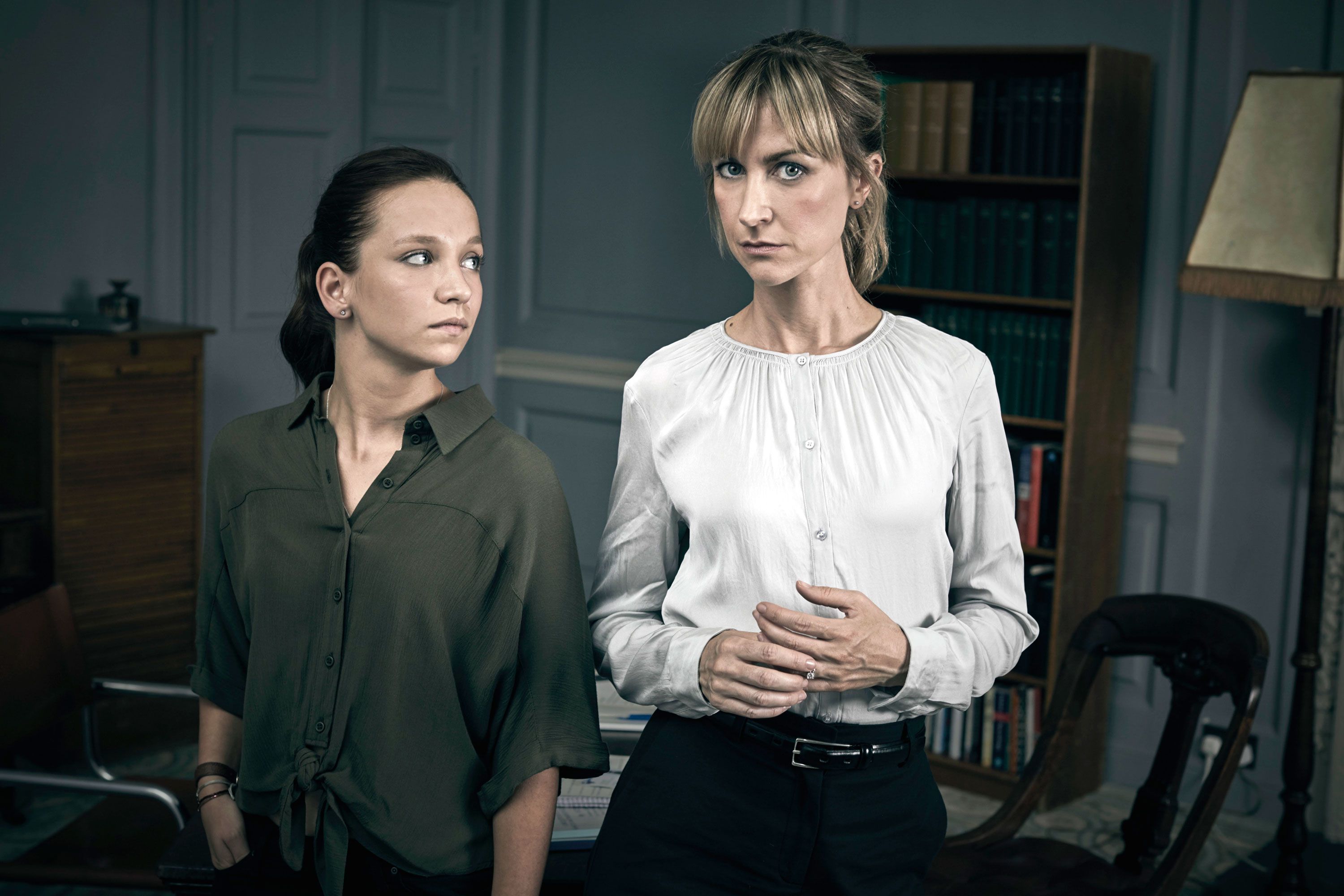The thrilling ITV drama Cheat is set in the academic sphere of life on a University campus, with lecturer Dr Leah Dale (Katherine Kelly), on probation for a permanent position at the University; accusing her seemingly average student, Rose Vaughan (Molly Windsor), of plagiarising her dissertation. The four-part series that aired this week on ITV, demonstrates how power is as prevalent in our society as ever. The relationship between the two protagonists conveys how two powerful women each become entwined in each-other’s lives. Playing upon the themes of coercion, obsession and paranoia, the series presents a unique take on female empowerment and vulnerability.
Throughout the series, Rose uses her sexuality as a tool to control and manipulate the men she uses as tools to terrorise Leah. While Leah slowly loses her position of authority, she becomes more entrapped in Rose’s psychological warfare against her; with her increasing paranoia taking over her professional and personal life. The truth lies in Leah’s life; her happy marriage, her caring parents and her professional position all crumble around her as she struggles to cope with the psychological torment from her student.
One of the first interactions between Leah and Rose shows the assumed power dynamics of the two, as Rose enters and disturbs Leah’s lecture on power and coercion. Entering in the middle of Leah quoting Bertrand Russel on how power is the fundamental idea in societies, the relationship between Rose and Leah is early on linked to this idea of the significance of power.
Foreshadowing the essential part that these power dynamics play in this series, as the plot takes on multiple twists and turns, the mutual obsession increases. From the beginning, the sinister performance of Molly Windsor captivates and controls the plot towards it climatic and unexpected end, as the lies unwind and surround Leah who becomes a paranoid shell of the former authoritative figure.
However, by the end of this portrayal of female empowerment, the immersive series leaves both female protagonists as equal victims of coercion.
Maisie Dennett
Image: Digital Spy

